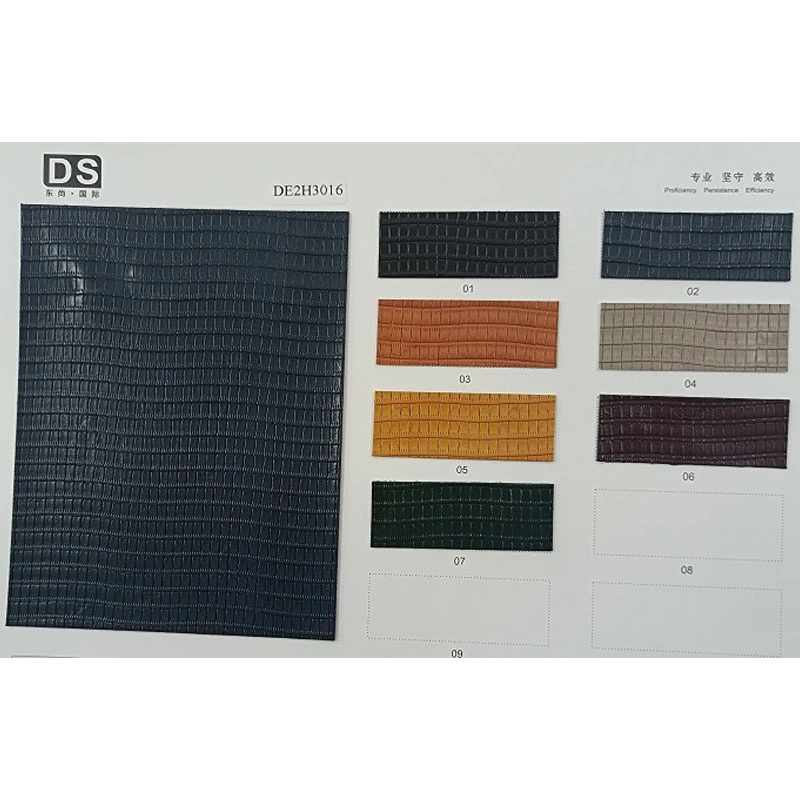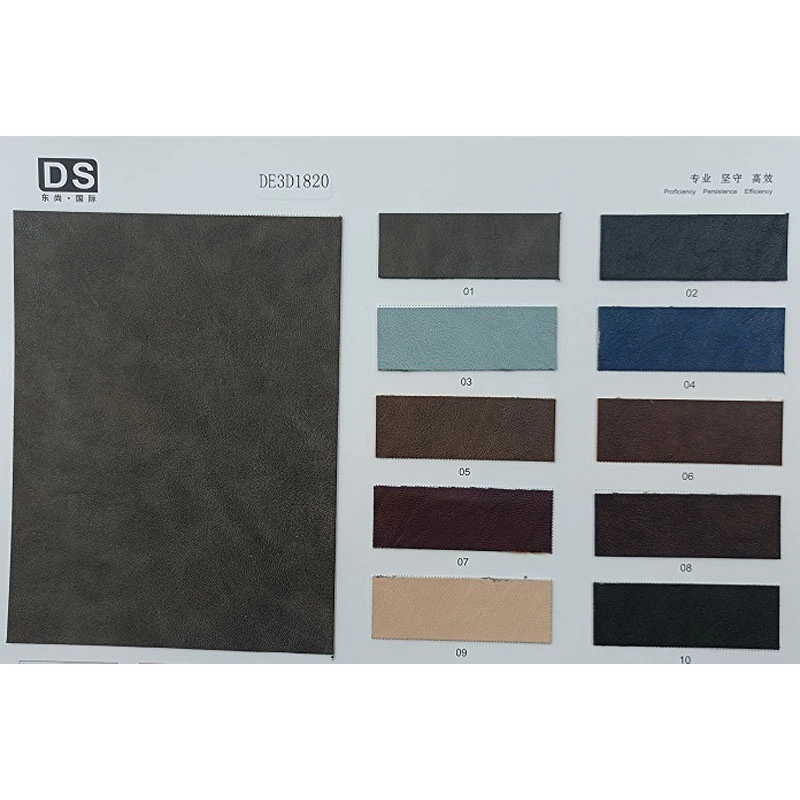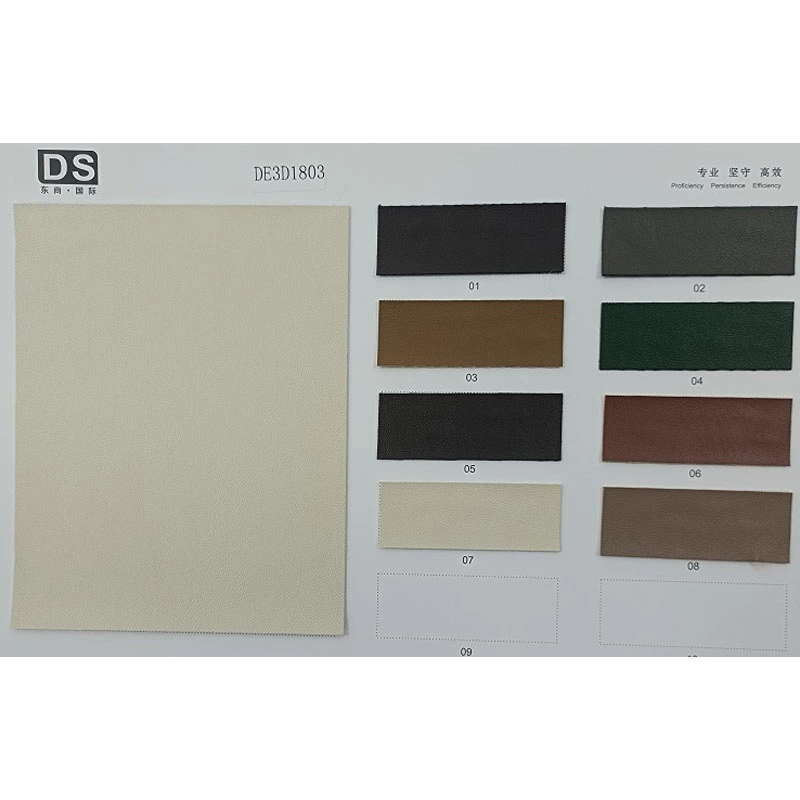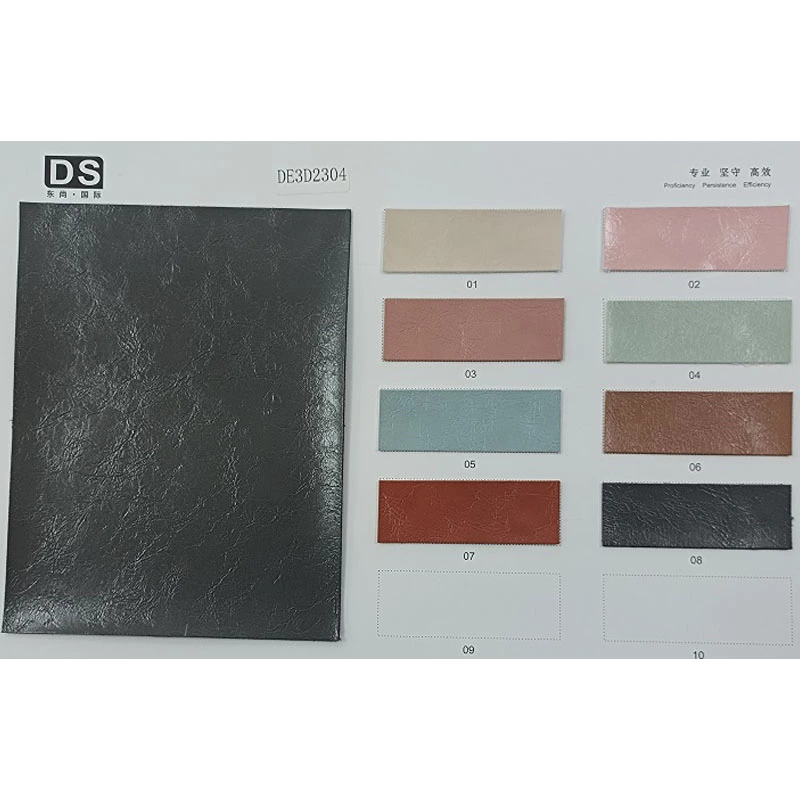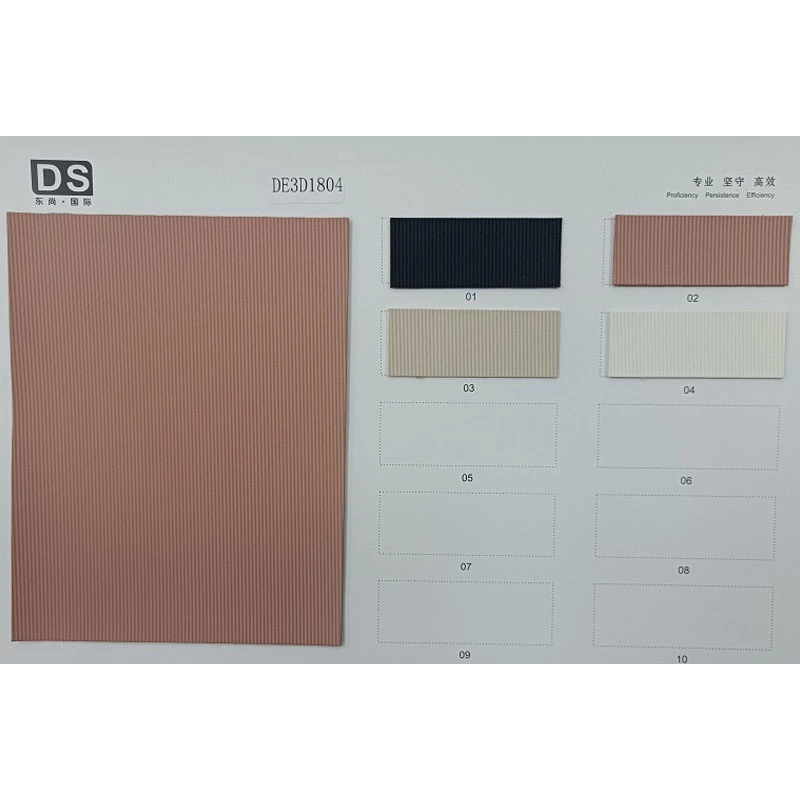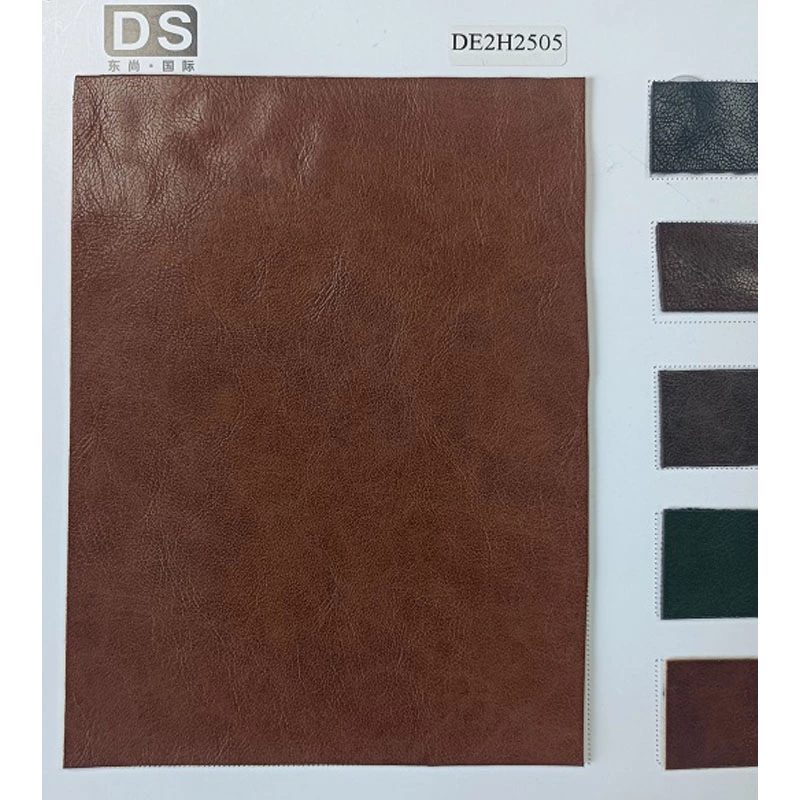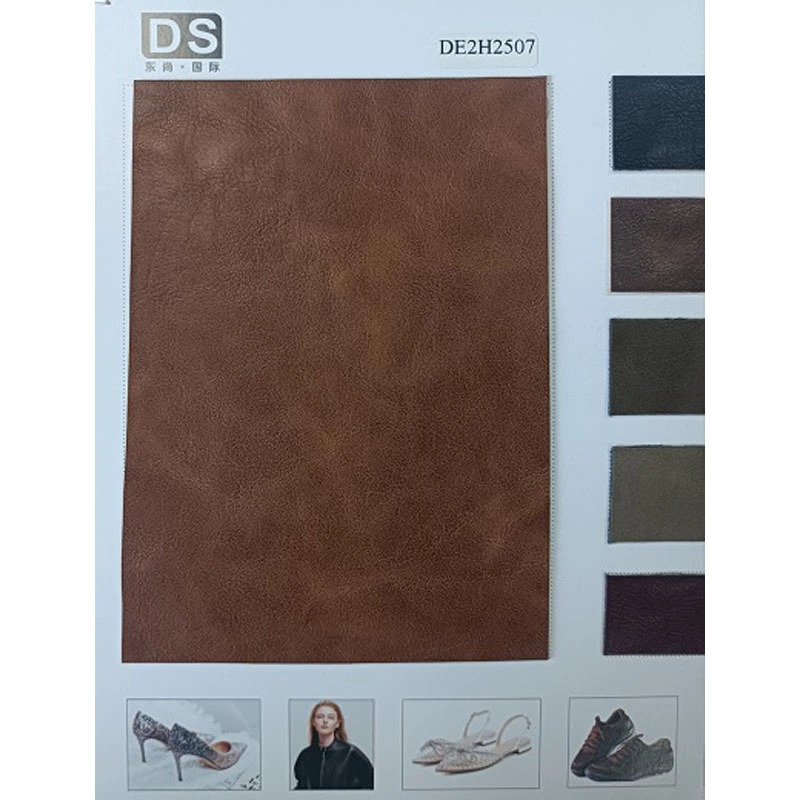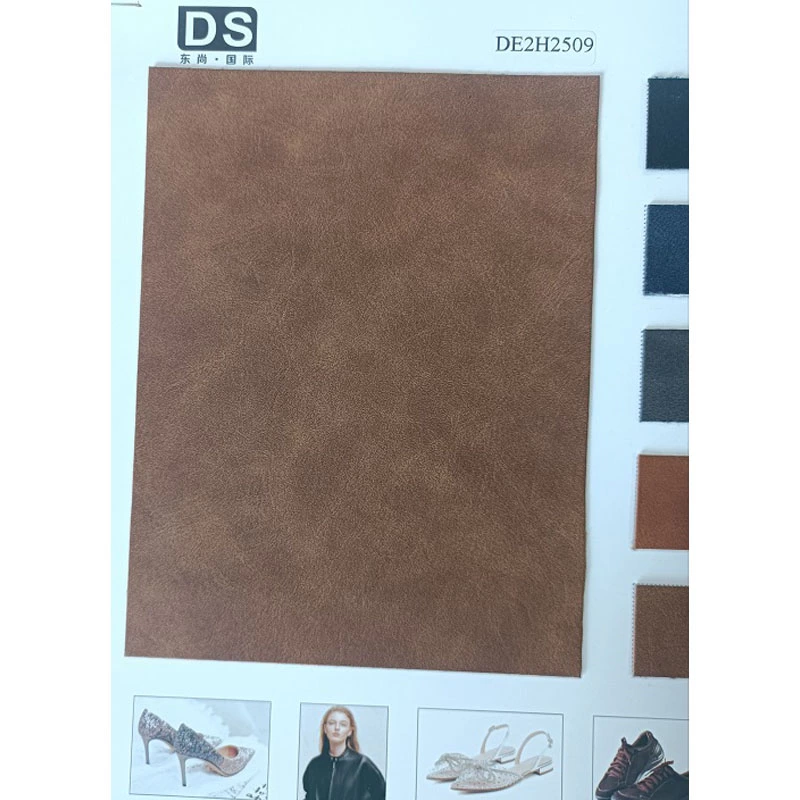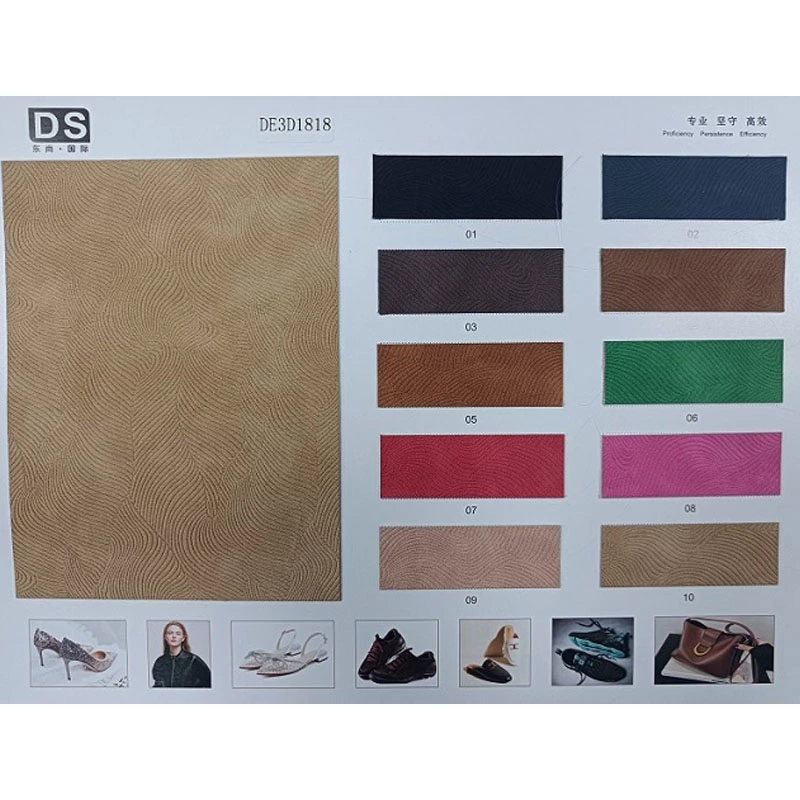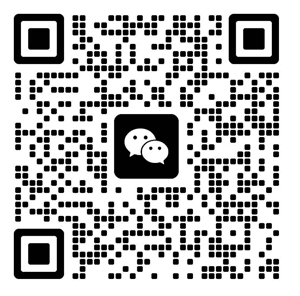The Method Of Identifying Artificial Leather Is Very Simple
With the identification method of genuine leather, it is obvious to compare and identify artificial leather and synthetic leather. At present, the artificial leather and synthetic leather used by some brands or counterfeit manufacturers have the following characteristics: 1. Press the leather surface with your fingers, there are no obvious pores and wrinkles. If there are wrinkles after pressing, they will not disappear naturally. 2. The leather surface has no pores, which is an important feature for distinguishing the authenticity of leather. 3. Cut off the corners and burn them, and there is a smell, but it is not the burnt smell of hair. Artificial leather: a plastic product similar to leather. It is made by rolling plastic film on cotton cloth or evenly applying synthetic resin containing plasticizer on cotton cloth, and then processing it. It is soft in nature and has various colors and patterns. Synthetic leather: a plastic product that simulates the composition and structure of natural leather and can be used as a substitute material for it. It is usually made of impregnated non-woven fabric as a mesh layer and a microporous polyurethane layer as a grain layer. Both its front and back sides are very similar to leather, and it has a certain breathability, which is closer to natural leather than ordinary artificial leather. Synthetic leather is widely used in making shoes, boots, bags and balls, etc.
Differences between PU and PVC
PU: Artificial leather produced with PU resin as raw material is called PU artificial leather (PU leather for short); artificial leather produced with PU resin and non-woven fabric as raw materials is called PU synthetic leather (synthetic leather for short).
PU coated on the surface of fabric first appeared on the market in the 1950s. In 1964, DuPont of the United States developed a PU synthetic leather used as a shoe upper. Today, Japan is the country with the most advanced leather making technology. The application areas of products are constantly expanding, from the initial shoes and bags to other special application areas such as clothing, balls, decorations, etc., covering all aspects of people's daily life.
